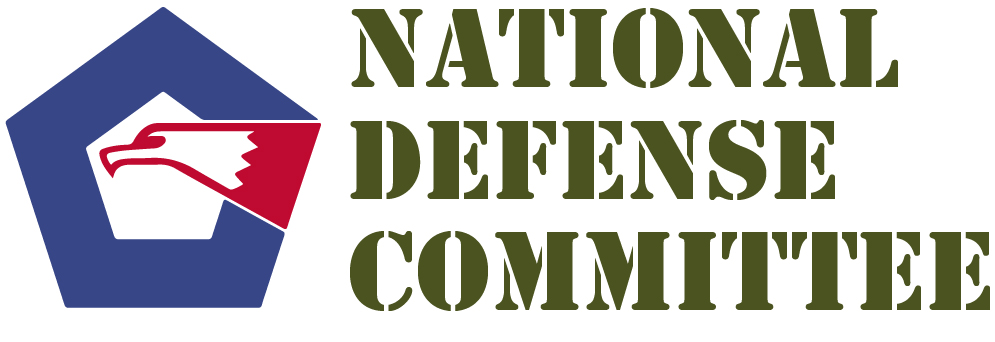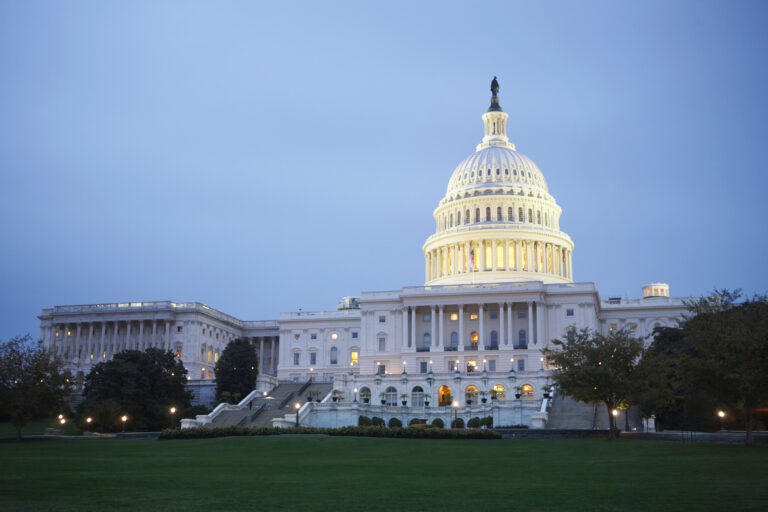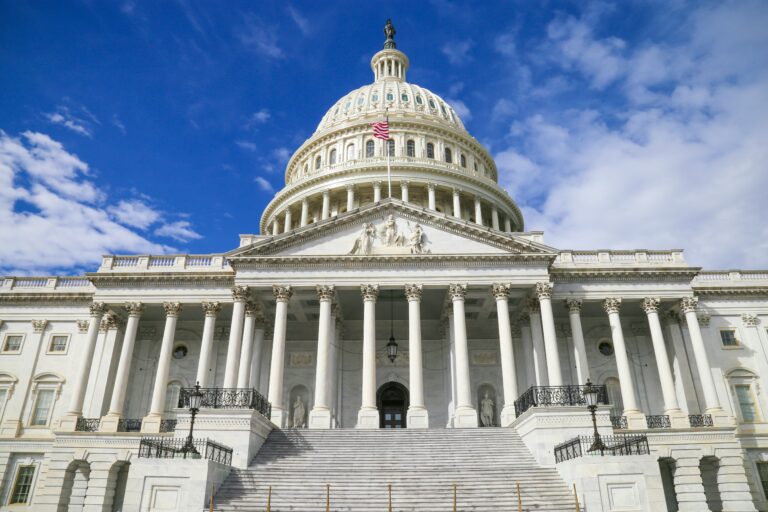Students Are Fleeing Four-Year Colleges Amid Skyrocketing Costs, Reckless Spending, Subpar Value
The Department of Education has gone to great lengths to single out, penalize, and publicly smear career colleges, faith-based schools, and other innovative, non-traditional higher education options.
These exertions are part of a bigger effort to prop up and maintain the traditional market share of conventional four-year colleges and universities, which have experienced historic enrollment declines. That’s because these traditional schools provide a vehicle to advance the Department’s effort to make higher education essentially free (something Congress has not authorized the Department of Education to do) by forgiving huge swaths of student debt.
Yet, many students aren’t sold. College enrollment fell to the lowest level in over a decade in 2021, resulting in nearly 3 million fewer students on campuses. Since 2018 undergraduate enrollment has continued the fastest decline on record. Students are fleeing conventional four-year colleges.
It’s not hard to see why. The sticker price at traditional four-year colleges has increased 178% since 1990, and costs have grown more than twice as fast for low-income students compared to higher-income students. These increases are driven by punch-drunk spending. As the Wall Street Journal reported last year, the “nation’s best-known public universities have been on an unfettered spending spree,” and they have “passed the bill along to students.”
Colleges’ spending has not benefited students. A third graduate with no growth in their critical thinking or analytical reasoning skills. A remarkable 94 percent of business leaders say they avoid hiring recent graduates because they lack necessary skills. For the first time, most Americans don’t believe a college degree is worth the cost.
At the same time, many students are fed up with campus philosophical extremism. Almost two-thirds say the political and social climate on their campus prevents them from freely expressing themselves, and nearly half are uncomfortable voicing their opinions on controversial issues.
So much for academic freedom.
On the other hand, career colleges provide students, especially military members and veterans, with an alternative path to a degree. Flexible schedules, career-applicable coursework, and tuitions that many schools have frozen or kept low, have all contributed to career colleges’ growth.
NDC will continue to examine why the Department of Education has targeted career colleges and what policymakers should do to ensure military families and veterans have access to higher ed options that meet their needs. In the meantime, we invite you to read our report, “Condescending Paternalism,” and let us know your thoughts.






